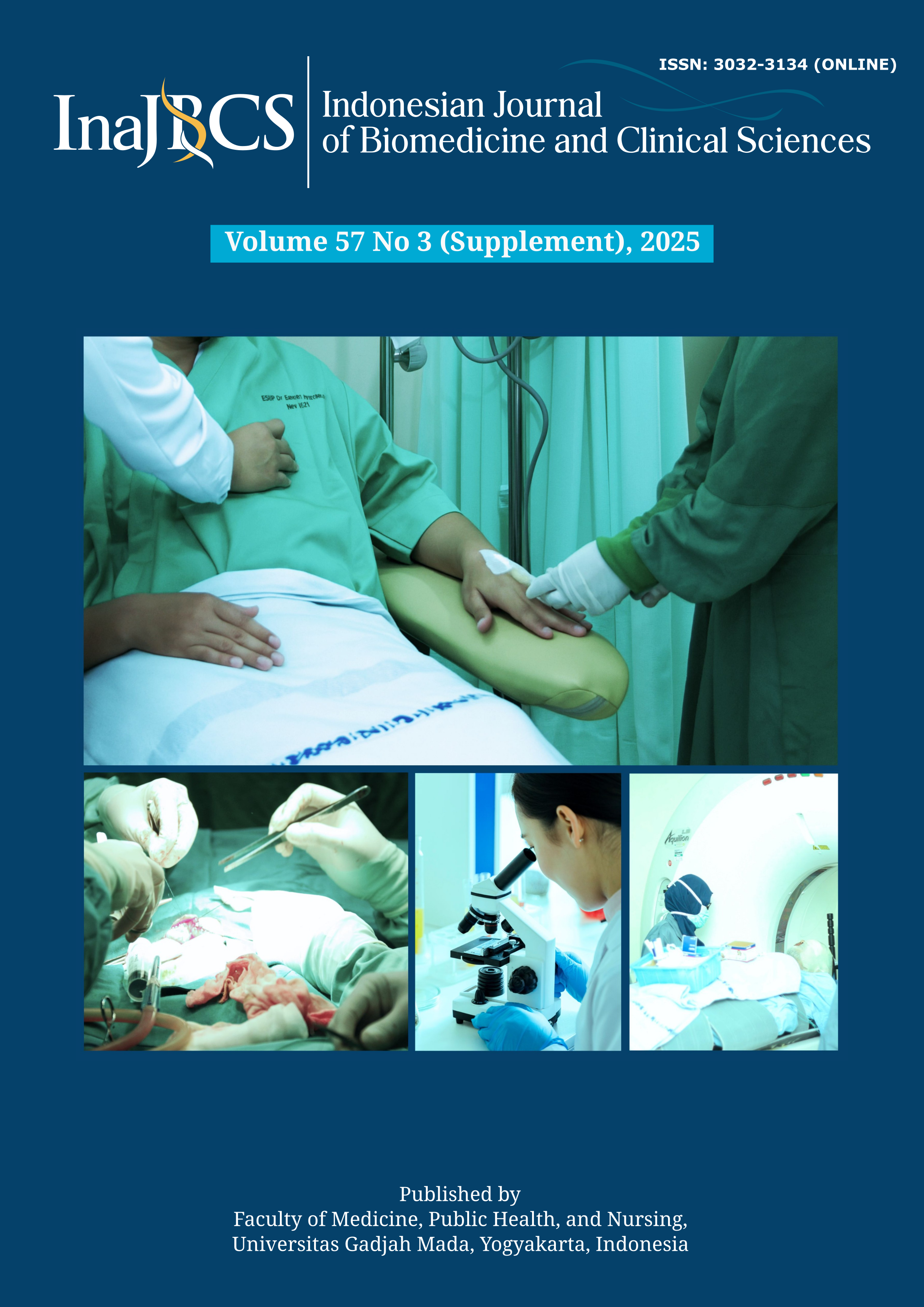New-generation microRNAs targeting Wnt/β‑Catenin and EMT pathways in colorectal cancer: A systematic mapping of translational potential
Abstract
Colorectal cancer (CRC) remains a major global health challenge with poor prognosis, largely driven by dysregulation of the Wnt/β-catenin signaling and epithelial-mesenchymal transition (EMT) pathways. This systematic review analyzed studies published between 2020 and 2025 focusing on newly identified microRNAs (miRNAs) involved in the modulation of these oncogenic cascades and their translational potential for early diagnosis, metastasis prediction, and therapeutic targeting. Out of 474 screened articles, 45 met the inclusion criteria. Key findings revealed that miR-129, miR-490-3p, miR-224, miR-452, and miR-494 consistently suppressed tumor progression by downregulating critical components of the Wnt pathway (TCF7L2, FZD7, β-catenin) and EMT effectors (ZEB1, Snail, Twist). Preclinical models demonstrated that restoration of miR-129 significantly reduced invasion and liver metastasis, while miR-494 exhibited dual roles depending on tumor context. Despite their promise as diagnostic, prognostic, and therapeutic biomarkers, most of these miRNAs have yet to be validated in patient biofluids or incorporated into clinical biomarker panels. Future research should prioritize the development of multi-miRNA panels and prospective cohort validation to bridge the gap between bench and bedside, ultimately enhancing precision therapy in CRC.






